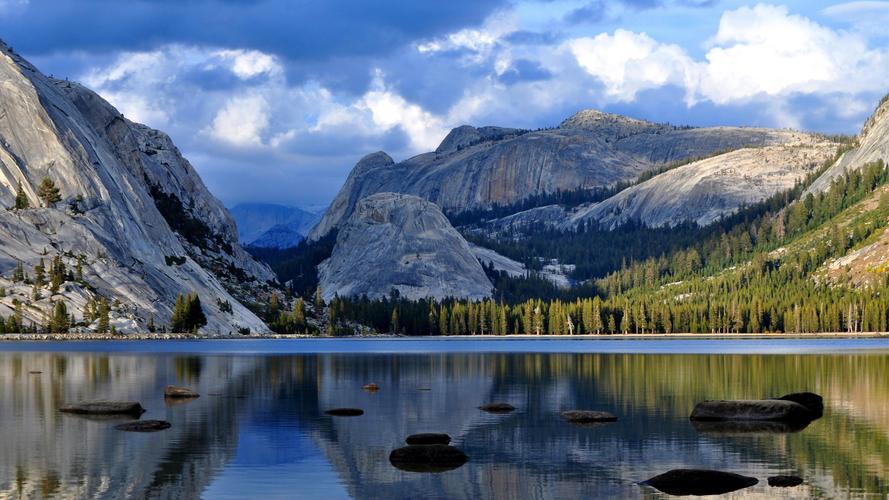Exploring Nigeria’s Cultural Diversity: A Journey Through Its Many Ethnicities
With over 200 ethnic groups, Nigeria is one of the most culturally diverse countries in the world. From the Hausa-Fulani in the north to the Yoruba in the west and the Igbo in the east, each group has their own unique culture, traditions, and beliefs. In this article, we’ll take a journey through Nigeria’s many ethnicities, exploring their similarities, differences, and how they contribute to Nigeria’s rich cultural heritage.
The Hausa-Fulani, one of the largest ethnic groups in Nigeria, are predominantly Muslim and reside mainly in the northern region of the country. Their culture is heavily influenced by Islam, with the majority of their traditions and practices having some connection to the religion. The men wear a flowing gown called a babban riga, while the women wear a colorful wrapper called a hijab, which covers their hair and body. The Hausa-Fulani are known for their traditional art, such as embroidery, weaving, and pottery.
Moving on to the Yoruba, who are the second-largest ethnic group in Nigeria and also reside in the western region of the country. The Yoruba people are known for their extensive knowledge of herbs and traditional medicine. They also have a rich history of storytelling, music, and dance. Gelede, a colorful festival celebrating women, is one of the most popular Yoruba festivals.
Finally, the Igbo, the third-largest ethnic group in Nigeria and primarily located in the eastern region of the country. The Igbo are known for their entrepreneurial spirit and have a well-developed trading culture. The Igbo also have a deep respect for their ancestors and believe in the importance of family. They celebrate numerous festivals throughout the year, including the Iri Ji, which is the festival of new yams.
Despite the vast cultural differences among Nigeria’s ethnic groups, there are several commonalities that they share. For instance, respect for elders, hospitality, and community spirit are highly valued across the country. Nigerians also have a love for music and dance, and these are integral parts of their various cultural celebrations.
In conclusion, Nigeria’s cultural diversity is undoubtedly one of its greatest assets. It gives the country a unique flavor that is unlike anywhere else in the world. By taking a journey through its many ethnicities, we have explored the different cultures, traditions, and beliefs that make Nigeria such a fascinating place. We have seen how each group contributes to the country’s rich cultural heritage and how they share commonalities that bring them together as one community.
(Note: Do you have knowledge or insights to share? Unlock new opportunities and expand your reach by joining our authors team. Click Registration to join us and share your expertise with our readers.)
